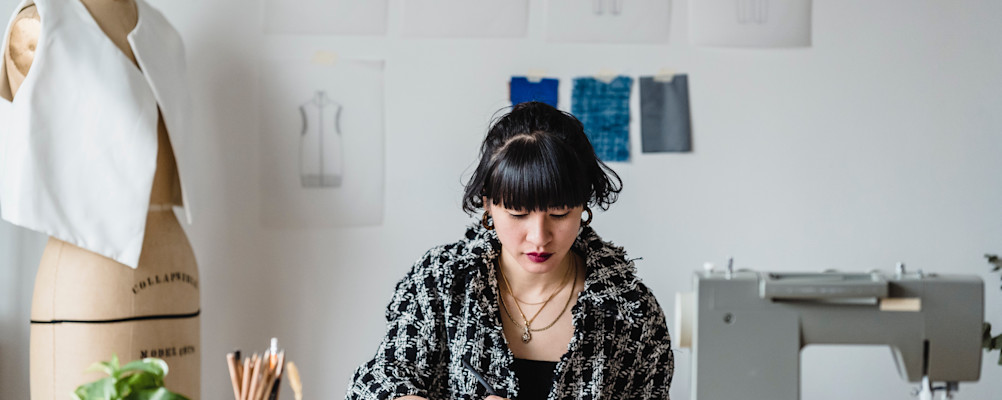Waag Society
Local Colours
The city as a regenerative and enabling environment through local colour production and textile dyeing.
Dutch news channel NOS recently shared a news article about how much rivers suffer from fashion seasons. The Ellen McArthur Foundation was quoted stating one kilo of textiles requires 25-180 litres water for dyeing. The dyeing industry is responsible for the largest amount of water pollution worldwide as, according to Dr. Maria Boto, former research intern at Waag and now researcher at KASK, Gent. Depending on the fibre type and dyeing recipe 10%, up to 60% of the dyes end up in surface and groundwater, osten containing metals and pfas. Ellen McArthur further argues that humanity has failed to recycle and close its material loops. The only option is to radically develop (and return to) bio-based production.
The above is the incentive for the TextileLab at Waag for research into bio-based textile techniques, dyeing with bio-materials and questions about how and where to produce these bio-materials under which socio-economic conditions. Answering the question how local dyes and textiles can be produced and applied.
€296.817,- will be used as a PPP programme allowance.


